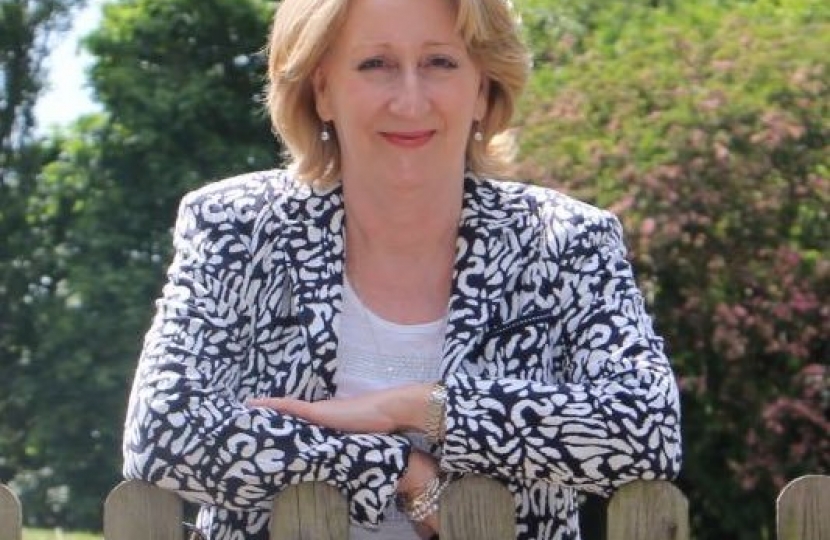
As the Withdrawal Agreement Bill continues through Parliament, I would like to reassure you that protecting vulnerable children remains a key priority . Indeed, we have a proud record of doing so through our asylum system and our resettlement schemes. In the last 12 months, the UK granted protection to over 7,500 children, and to 41,000 children since 2010. This is more than the vast majority of EU countries have done to help vulnerable children.
Furthermore, in the last ten years, the UK received asylum applications from over 23,000 unaccompanied children. In 2018, the UK received over 3,000 asylum claims from unaccompanied children, accounting for 15% of all claims from unaccompanied children in the EU and making the UK Europe’s third highest intake country. Additionally, in the year ending September 2019, 6,035 family reunion visas were issued to children and partners of those granted humanitarian protection or refugee status in the UK.
Our resettlement schemes offer a safe and legal route to the UK for the most vulnerable refugees. As of September 2019, over 18,250 people have been resettled through the Vulnerable Persons Resettlement Scheme (VPRS) and over 1,700 have been resettled through the Vulnerable Children’s Resettlement Scheme (VCRS). Over half those resettled via these two schemes have been children.
The Prime Minister made clear the importance this Government places on ensuring that unaccompanied children who are seeking international protection in an EU Member State can continue to be reunited with specified family members who are in the UK, as well as children in the UK with family in the EU, following the UK’s exit from the EU. This remains a negotiating objective of this Government despite the amendment not being accepted.
It is also important to note that the UK will continue to reunite unaccompanied children with family members in the UK under the Dublin Regulation during the implementation period, processing and deciding all ‘take back’ requests that have been submitted.
The new clause 37 in the EU (Withdrawal Agreement) Bill is primarily about clarifying the role of Government and Parliament in negotiations. It is right that the statutory obligation to negotiate, previously contained in section 17 of the Withdrawal Act, is removed and not retained by this amendment, so that the traditional division between Government and Parliament be restored, and the negotiations ahead can be carried out with full flexibility and in an appropriate manner across all policy areas.
A statutory obligation to negotiate with the EU does not itself lead to an agreement. That is not in the gift of the UK Government alone as it requires EU co-operation at a time of complex negotiations on a range of priorities. The new clause requires the Government to lay a statement before Parliament on its policy regarding any future arrangements between the UK and the EU regarding the family reunification for unaccompanied children seeking international protection.
Finally, ensuring the continued family reunification of these vulnerable children remains a Government priority. Indeed, the Government has already made efforts to begin negotiations on this issue, with the Home Secretary writing to the European Commission on 22 October inviting the EU to begin discussions.

